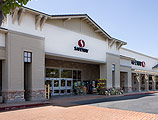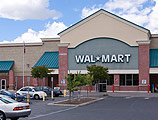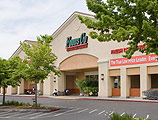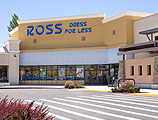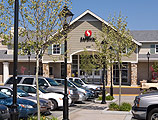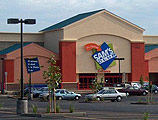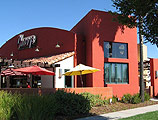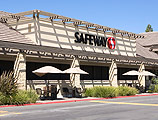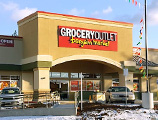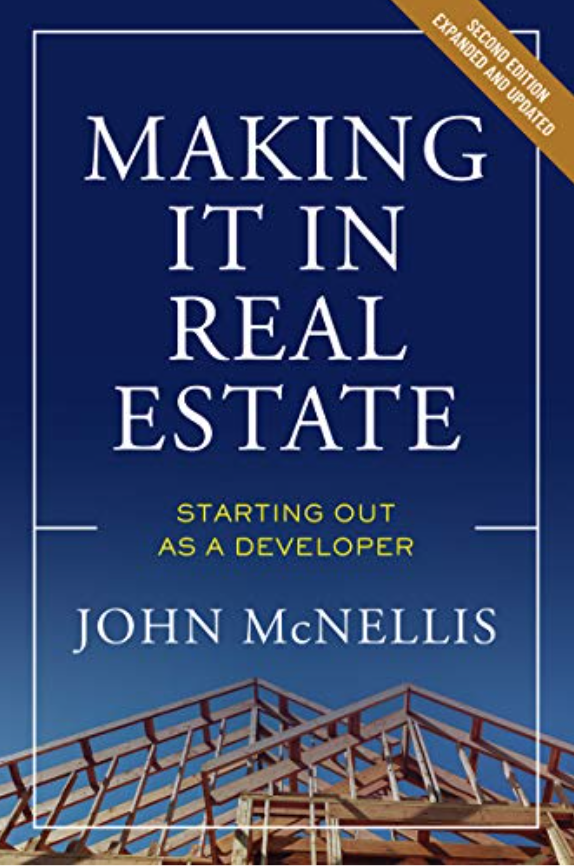San Francisco Supervisors Preston and Peskin have proposed the “Neighborhood Grocery Protection Act” (NGPA). If enacted, this law would require any supermarket desiring to permanently shut down to give six months’ notice to the city and public. Once given, the grocer would then be required to meet and “work in good faith” with its shoppers and the city’s Office of Economic and Workforce Development (OEWD) to find a way of keeping the store open. If the grocer fails to give that formal notice or conduct those public meetings or isn’t in good faith in trying to keep the store open one way or another (e.g. rescinding its closure decision, finding an alternate grocer or even letting the neighborhood run a co-op market), the act would impose as yet unannounced fines and authorize private lawsuits from the affected residents.
This proposal may have sprung from the best of intentions rather than as a ploy to sway election year voters, but it is nonetheless fatally flawed. If enacted, the GPA wouldn’t work and worse, would have sad, unintended consequences that a C student could predict today.
The NGPA’s flaw is simple: It assumes that supermarket chains close stores that they could as easily keep open and that, with a little arm twisting—or public shaming—these companies can be compelled to operate stores they have determined to close.
Consider how the supermarket business works: Wall Street rewards these chains for growth, for growing their total sales and number of stores—for their promises of ever greater profits—and punishes them for faltering sales or loss of stores. Thus, supermarkets hate closing stores. Unless they’ve been lying to me for the last 44 years, these chains never close stores that are barely breaking even, and seldom close even their outright losers (unless the losses are monumental), swearing the losers still contribute to the company’s overall admin costs. In short, to keep Wall Street at bay, the companies will continue to operate even very marginal stores.
Putting aside store relocations, strategic departures from a trade area altogether and company-wide bankruptcies, supermarket chains close their markets for two reasons: a store is incurring huge losses or its employees and shoppers are unsafe; e.g. Whole Foods’ closure of its Market Street store last year due to 568 emergency police calls over a 13-month period.
A thousand hours of NGPA jawboning will turn a store neither profitable nor safe. Unless clubbed into submission, the chain will close its true loser. But if the company already has, say, a dozen markets in San Francisco or if it wants to open new stores in the trade area, then it can on occasion be coerced into operating a loser; e.g. the chain agrees to run the loser for a stated number of years in exchange for the rights to build a new store in a better neighborhood. This particular extortion—let’s call it logrolling—is age-old and doesn’t require an NGPA; cities countrywide employ this tactic daily.
The solution to San Francisco’s supermarket closures isn’t the NGPA—it’s safety. Instead of giving the OEWD one more issue with which to antagonize business, the city would be better served by devoting on-duty police officers to supermarkets in its rougher neighborhoods, empowering them to make arrests, jail the guilty and protect the market’s customers and employees.
If adopted, the NGPA will only make it more difficult to get supermarkets to operate in the “food deserts” caused by higher crime rates. As it is, supermarket companies are highly skittish about opening stores in more rugged neighborhoods. In fact, that aforementioned logrolling is often required to get a chain to even consider it. Today, a company can tell itself—as Whole Foods must have done before opening its ill-fated store—that if the market doesn’t succeed, it can at least shut it down and stop the bleeding.
If, on the other hand, a chain knows that—best case—it will be excoriated by angry, frustrated neighbors and headline-seeking politicians in a series of interminable public meetings before they’re finally allowed to shut down or—worst case—forced to continue operating because the threatened lawsuits will cost the chain even more, the company will stop considering more challenging locations. While imperfect, an analogy to French labor laws illustrates this point: France adopted strict labor laws to protect employees, notably making it very difficult to fire them. As it happens, the French laws had a greater effect on hiring rather than firing, with canny employers skirting the regulations by hiring as few full-time employees as possible.
One hundred years ago, Argentina was among the ten wealthiest countries in the world. Ask yourself how much of its tragic nosedive ever since has been due to bad governance. Don’t cry for me, San Francisco.









